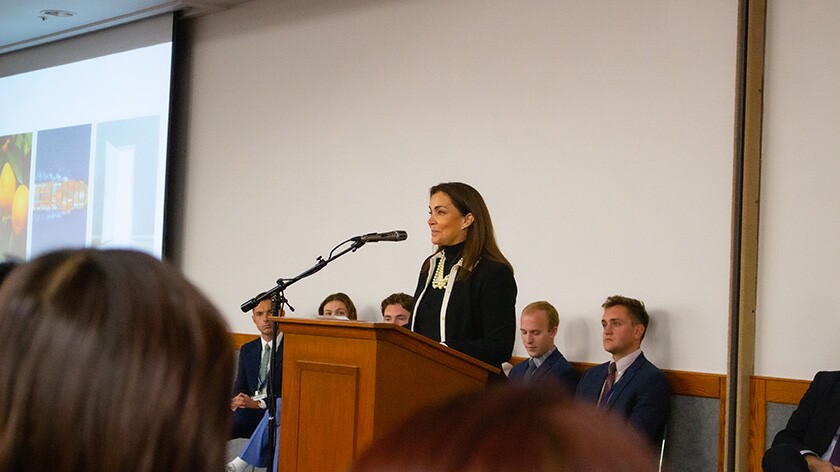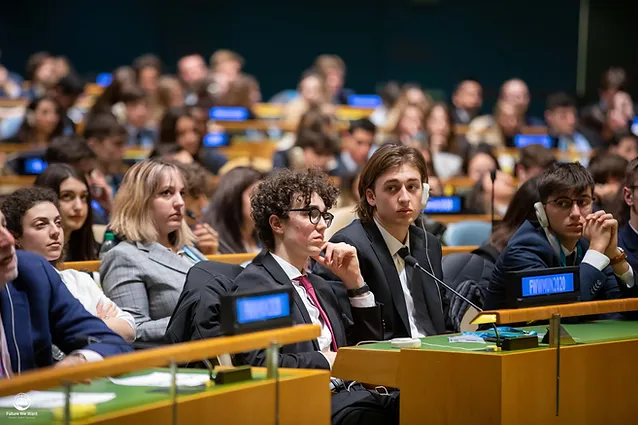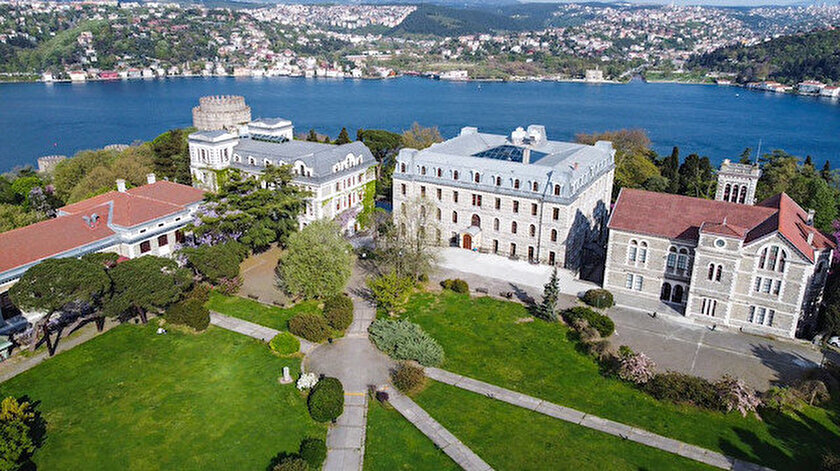
The Old-Guard Problem

There has been a long-running debate on whether Mun should be taken seriously or rather it should be kept casual and leisurely. This friction is a reflection of the natural rivalry between the old guard and the newer generation.
It can be observed that longer, years-long attendance to conferences results in a mystical reverie to the older organizers and along with it an air of smugness that elicits a sense of intense superiority. Naturally, this isn’t the case for all of the old-guard. For those who are part of the said minority, this even results in a fetishism of attendance count. Numbers get thrown around if you attended conferences in Europe; that’s a plus. High school conferences are lower down the list- even though most university conferences have been of questionable quality in the past year.
So what is the deciding factor on who gets to stay and who doesn’t in the organizational lines? The simple answer is that it’s based on favoritism between certain circles. These may be formed after the conferences, or even still have members join, but the simple reason that the same people get seen over and over again in every conference is one of the most destructive elements in the path of Turkish MUN. This is due to the problematic populist culture of MUN conferences: If you get “well-known” people in MUN, your conference gets more attendance. It doesn’t fail. And since there is no debate upon what a good academy member should be or what an organizer should do, the result is an arithmetic contest: Whoevers experiences go higher up in the exp-list ladder wins.
In the end, it’s a circlejerk for justifying a hobby. You get to feel respected, you allegedly attribute a lot and people seem to see a special sense of organizing in you, while you are mostly chosen for your success in having enough free time to attend conferences one after another.
Does this mean all old guards are chosen based on popularity? No. Does the said group constitute a large amount? Definitely.
Going back to the question at the start, maybe you think that this sort of analysis is irrelevant and that MUNs’ are social events in the end, but it must not be forgotten that MUN constitutes a free conversation and education area that we can rarely access as students in Turkiye. If there are people who use MUNs as a gathering for friends and the delegates have no problem with it, I’d say the responsibility is on the delegates; kudos to the others.






